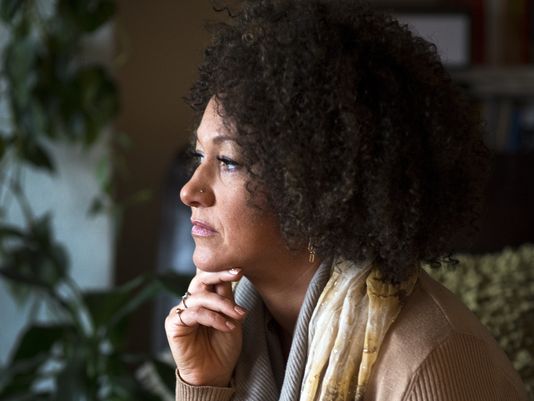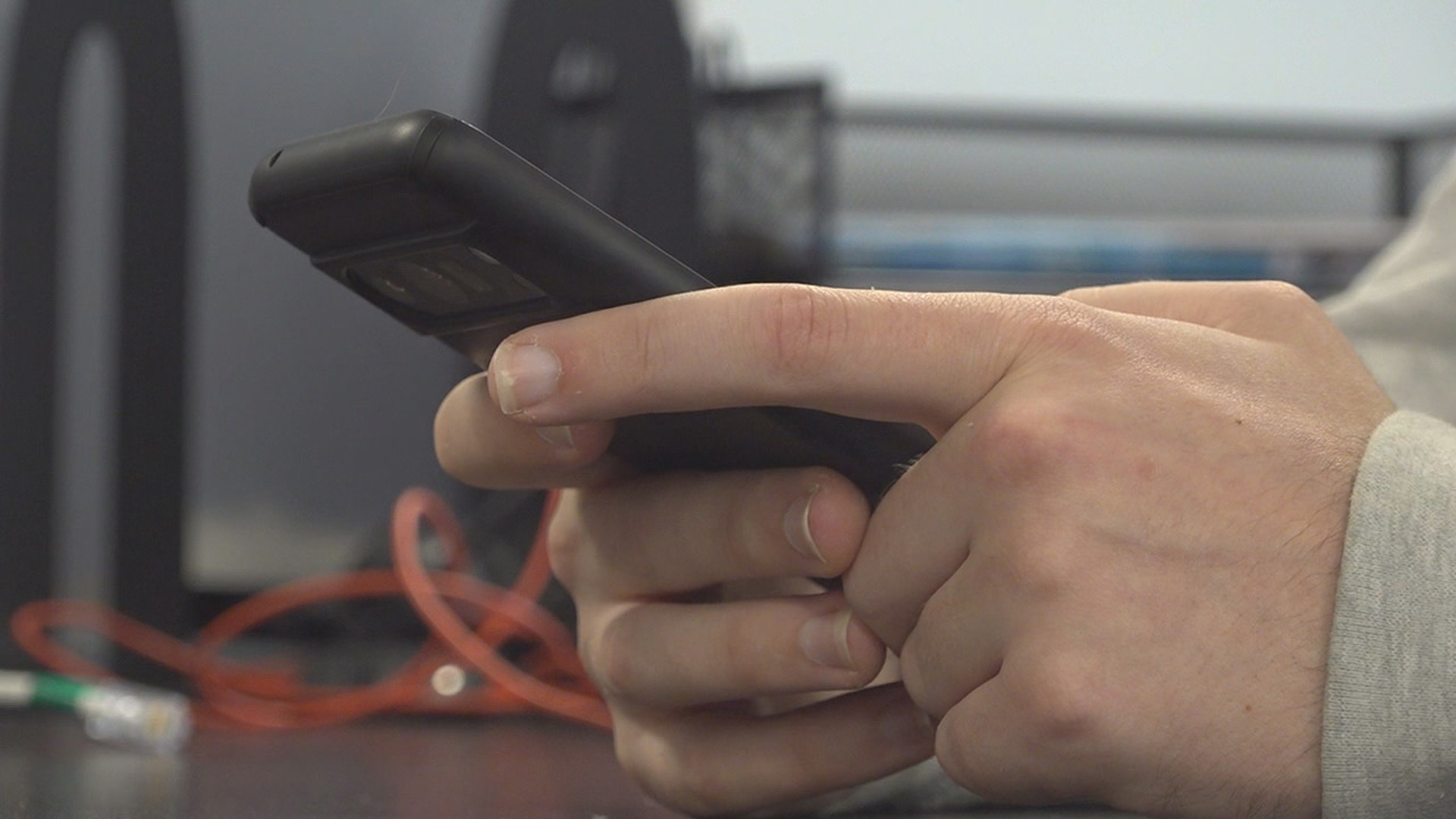SPOKANE, Wash. (USA TODAY) — Rachel Dolezal, who stepped down Monday as president of the Spokane branch of the NAACP amid questions surrounding her racial identity, said Tuesday she identifies as black.
Dolezal told NBC's TODAY show she began identifying herself as black as early as the age of 5.
"I was drawing self portraits with the brown crayon instead of the peach crayon," she said. She said she "takes exception" to claims she deceived people into thinking she was black.
PREVIOUS STORY: Rachel Dolezal sued Howard University for discrimination
![635699679584808772-dolezalbeforeandafter[ID=71252338] ID=71252338](http://www.gannett-cdn.com/-mm-/3da1b5202fbd0a8e369fdca7db0f971d9afe4ea2/c=32-0-501-401/local/-/media/2015/06/15/WUSA/WUSA/635699679584808772-dolezalbeforeandafter.jpg) She rejected claims that she didn't deny reports that she was mixed race or black because it aided her professional growth.
She rejected claims that she didn't deny reports that she was mixed race or black because it aided her professional growth.
"I identify as black," she said. She said her hair style and light brown skin -- "I certainly don't stay out of the sun" -- prompted people to assume she was black. She acknowledged that she didn't correct people who made the assumption.
It was her first interview since news stories went viral last week detailing how Dolezal's parents say she is white.
On Monday night, Dolezal's parents told CNN that when she was growing up, she gave no indication that she might want to take on a new racial identity.
"I think there's a demonstration of being irrational and being disconnected from reality," Ruthanne Dolezal told the network.
Said Dolezal's father, Lawrence Dolezal, "Many of the things she's done have been irrational."
RELATED STORY: Rachel Dolezal resigning as Spokane NAACP president
Dolezal expressed surprise at the public challenge from her parents.
"I don't see why they are in such a rush to whitewash some of the work I have done and who I am and how I identify," she said.
The controversy spurred discussions across the nation about what constitutes race and whether one has the right to adopt a new identity if they have not lived the experience. The developments prompted Dolezal, 37, to issue a statement Monday announcing that she would step down from her NAACP post.
In a statement the chapter posted on Facebook on Monday, Dolezal wrote: "It is with complete allegiance to the cause of racial and social justice and the NAACP that I step aside from the Presidency and pass the baton to my Vice President, Naima Quarles-Burnley."
In the statement, Dolezal mentioned some of the issues and concerns of the Spokane chapter, including police brutality, economic disenfranchisement and health inequities. She noted the dialogue had shifted from the chapter's work to her personal identity.
THE STORY THAT STARTED IT ALL: Parents out 'black' NAACP leader as white woman
On Monday evening, Cornell William Brooks, president and CEO of the Baltimore-based civil rights organization, issued a statement urging people to focus on "the real work of the NAACP and the real challenges to our democracy."
Spokane Mayor David Condon and Council President Ben Stuckart also released a statement, making reference to Dolezal's position as chair of the independent citizen Police Ombudsman Commission. "We have referred the matter to the city's Ethics Commission for a determination as to whether the answers she gave on her application for the volunteer position violated the city's Code of Ethics," the joint statement read.
Dolezal sued Howard University for discrimination while she was a graduate student in 2001. The suit, in which Dolezal says black students at the historically black institution were favored over her, was ultimately thrown out.
Dolezal, then Rachel Moore, claimed she was passed over for a teaching assistant job, was denied financial aid and suffered other discrimination. Dolezal stood by her claims, telling Today that others took advantage of her at the school.
"My life has been one of a survivor," she told Today. "The decision I have made, including my racial identity, have been about survival."


